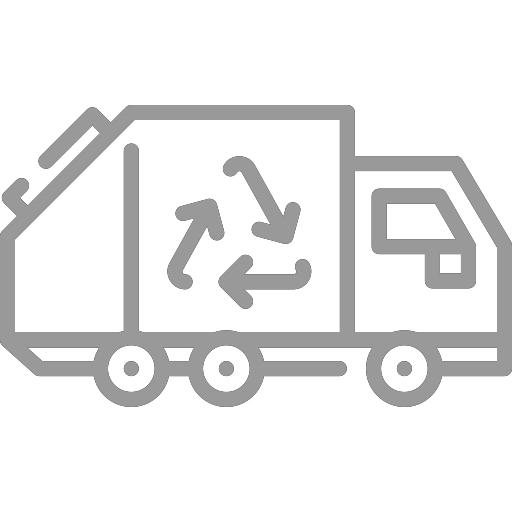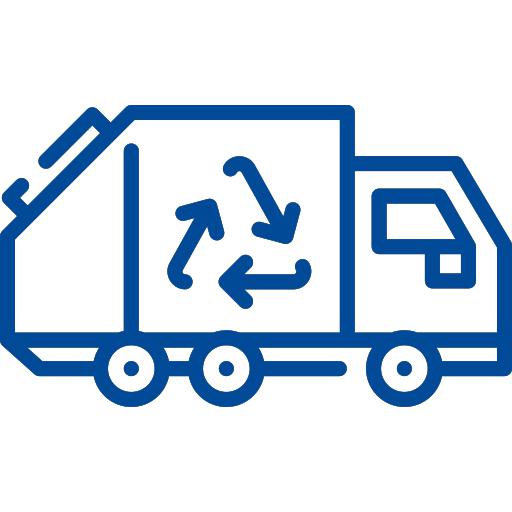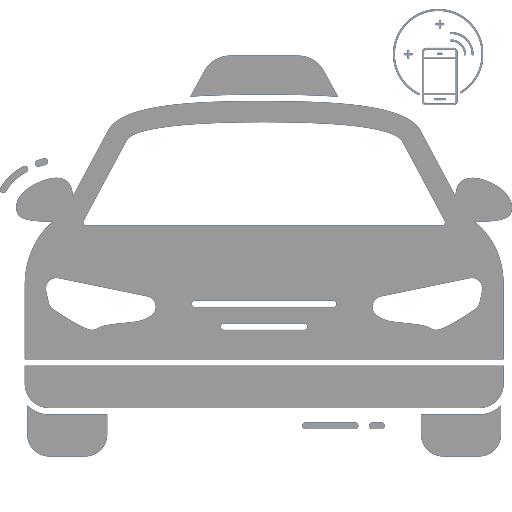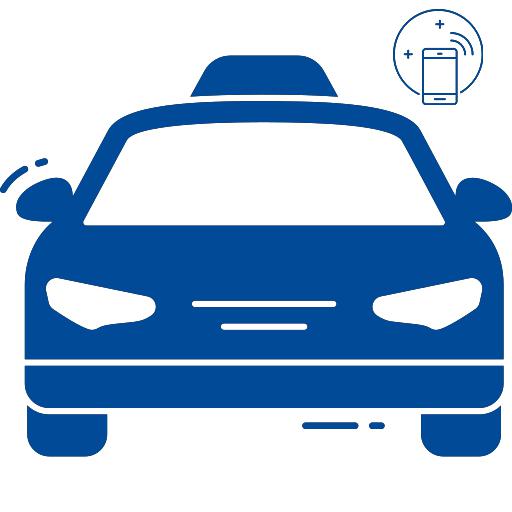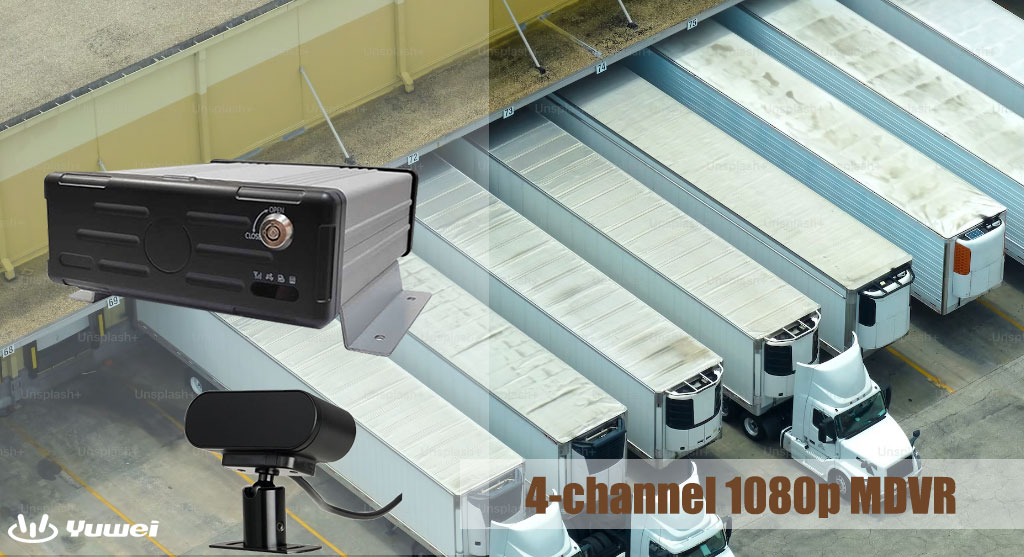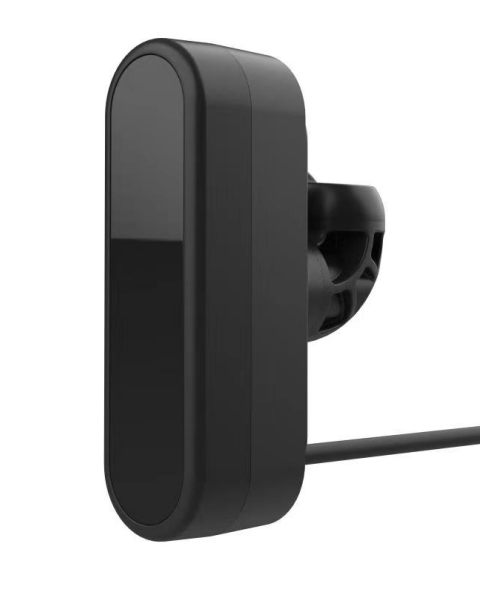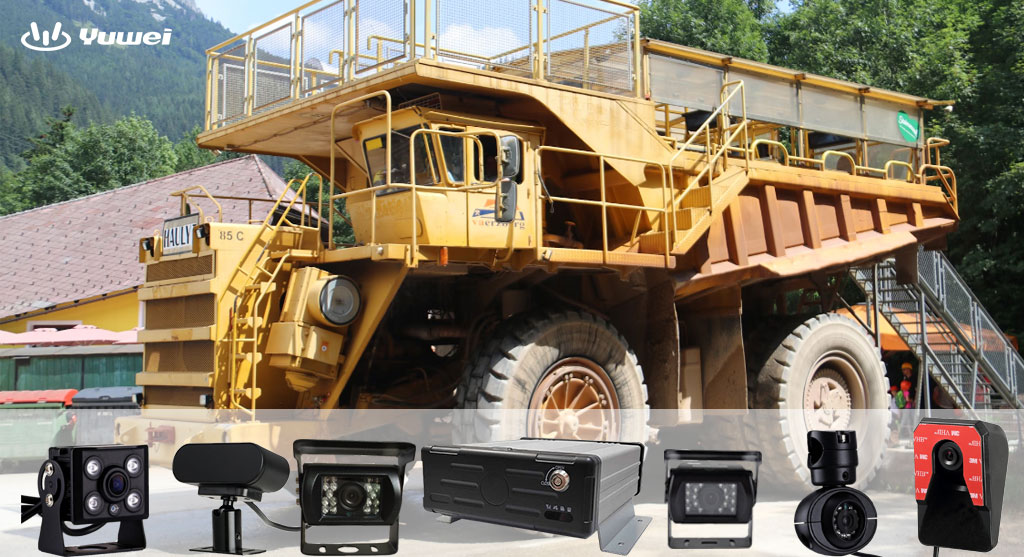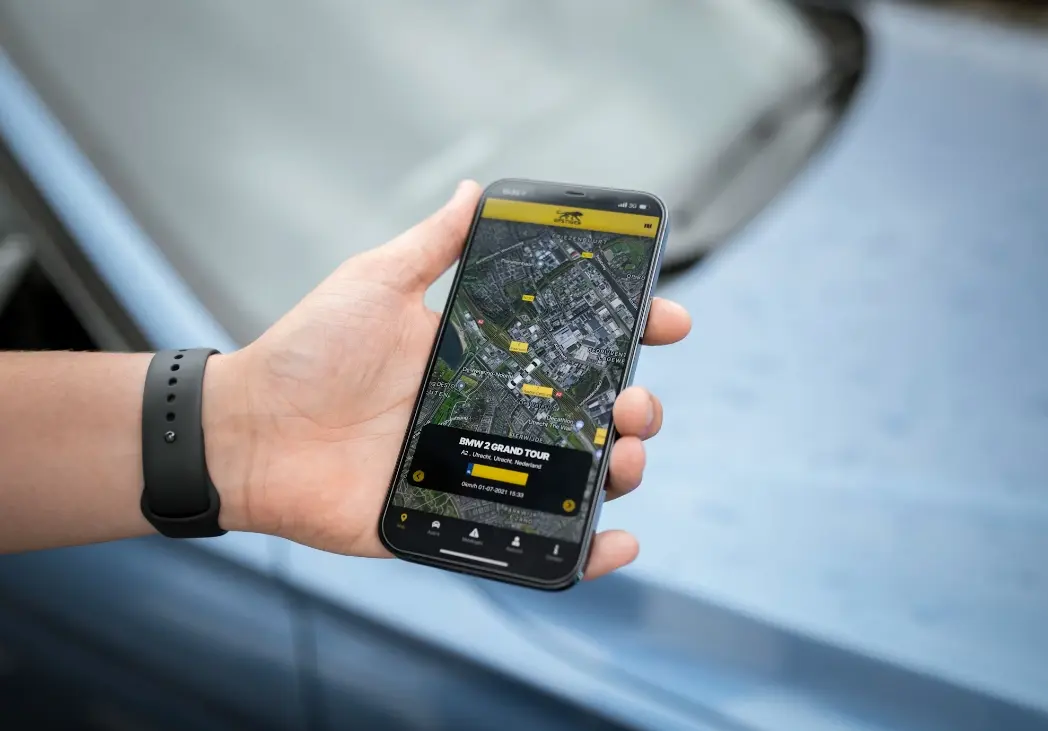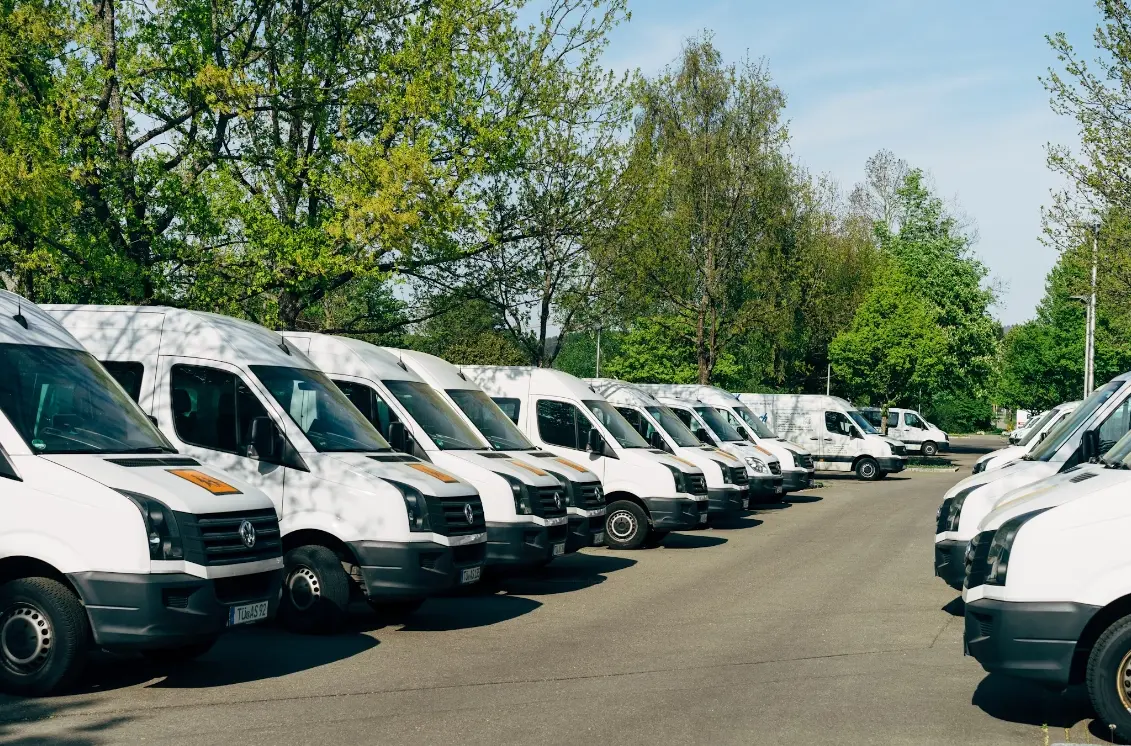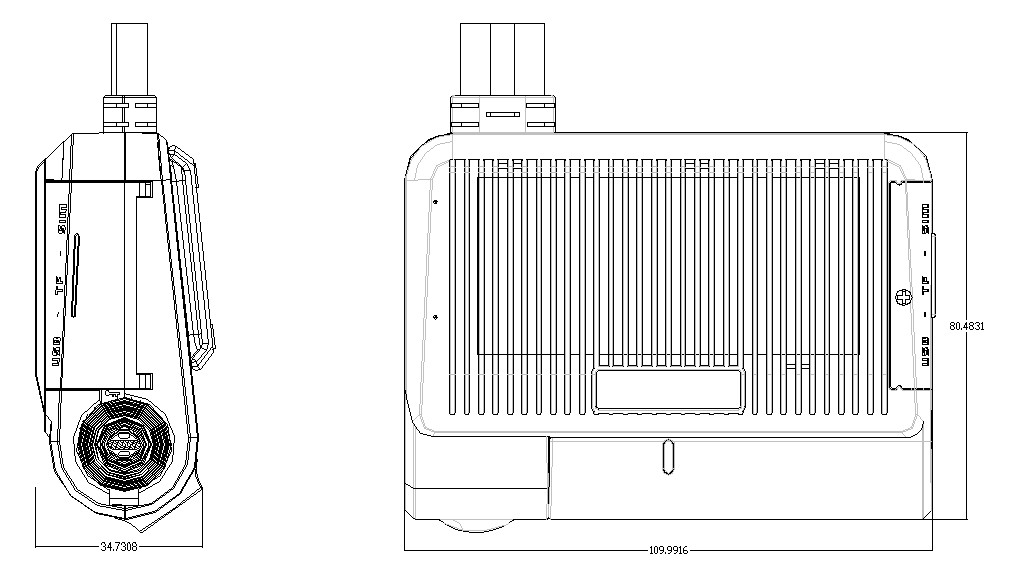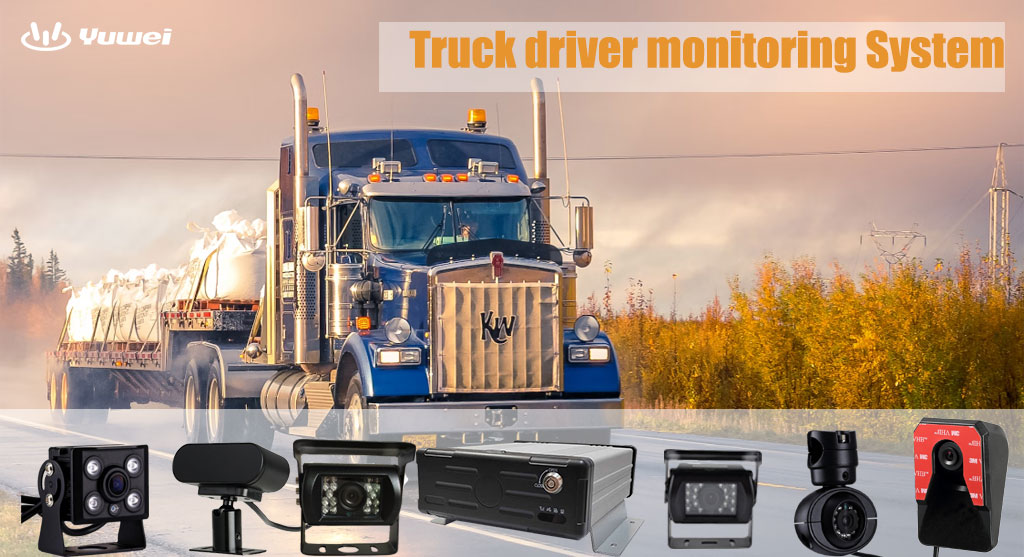What is a car DVR and how does it work?
What is a car DVR and how does it work
With the development of the transportation industry and the communication industry, the vehicle-mounted video surveillance system has gradually become the standard configuration of public transportation such as taxis and buses. In-vehicle monitoring not only ensures the safety of passengers in the car but also provides strong evidence for certain cases. The vehicle monitoring system also promotes the development of intelligent transportation, and thus the emergence of vehicle DVR.
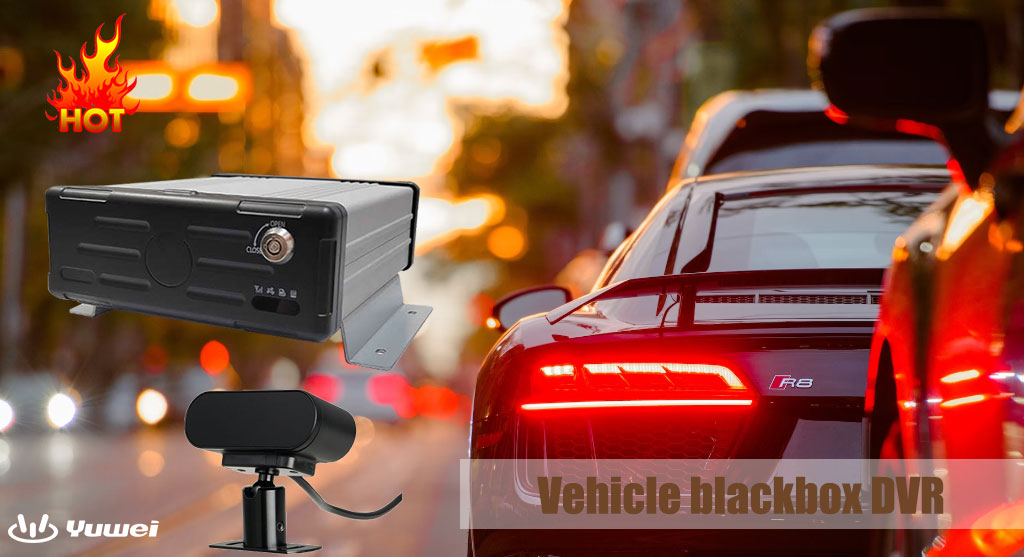
1. What is a car DVR:
A car DVR belongs to the market segment of traditional embedded hard disk video recorders and is a new type of specialized product developed with the application of digital video and audio coding technology in vehicles. It utilizes an embedded processor and operating system, integrating the latest H.264 audio and video compression/decompression technology, GPS global positioning technology, 3G wireless communication technology, USB communication technology, advanced vehicle power management technology, and GIS geographic information technology. This product is primarily used for 24-hour monitoring of various types of vehicles, including simultaneous audio and video recording, global positioning, and wireless real-time transmission of audio and video. Additionally, the host reserves a variety of interfaces that can be connected to onboard equipment such as onboard displays, IC card installations, signal priority control systems, and passenger flow statistics systems. Currently, this equipment is widely used in public transportation, long-distance passenger transportation, school buses, engineering vehicles, container vehicles, tourist buses, logistics and freight, police enforcement vehicles, trains, subways, ships, aircraft, and other mobile vehicles.
2. The working principle of a vehicle DVR:
Presently, car DVRs mainly adopt three storage methods: hard disk, U disk, and SD card. Compared to U disks (vehicle video recorders), the reliability of hard disks is higher.
(1) U disks have no mechanical moving parts and low power consumption, making them suitable for various buses with severe bumps and poor power supply environments. However, ordinary car DVRs simply do not function in these vehicles.
(2) Data transcription is convenient. The U disk can be directly inserted into the computer's USB interface for video playback and storage, without the need for hard disk connectors, USB adapters, etc., making the operation simpler.
(3) The U disk interface is designed for repeated plugging and unplugging, making it more reliable than SD cards. The SD card interface is internal to the device and is not suitable for frequent plugging and unplugging, as it can lead to a higher rate of damage.
The USB interface serves as a connection between devices and is specifically designed for data exchange between devices. It possesses electrical, physical, and mechanical properties suitable for long-term data exchange between devices.
Email:hello@fudi360.com

















